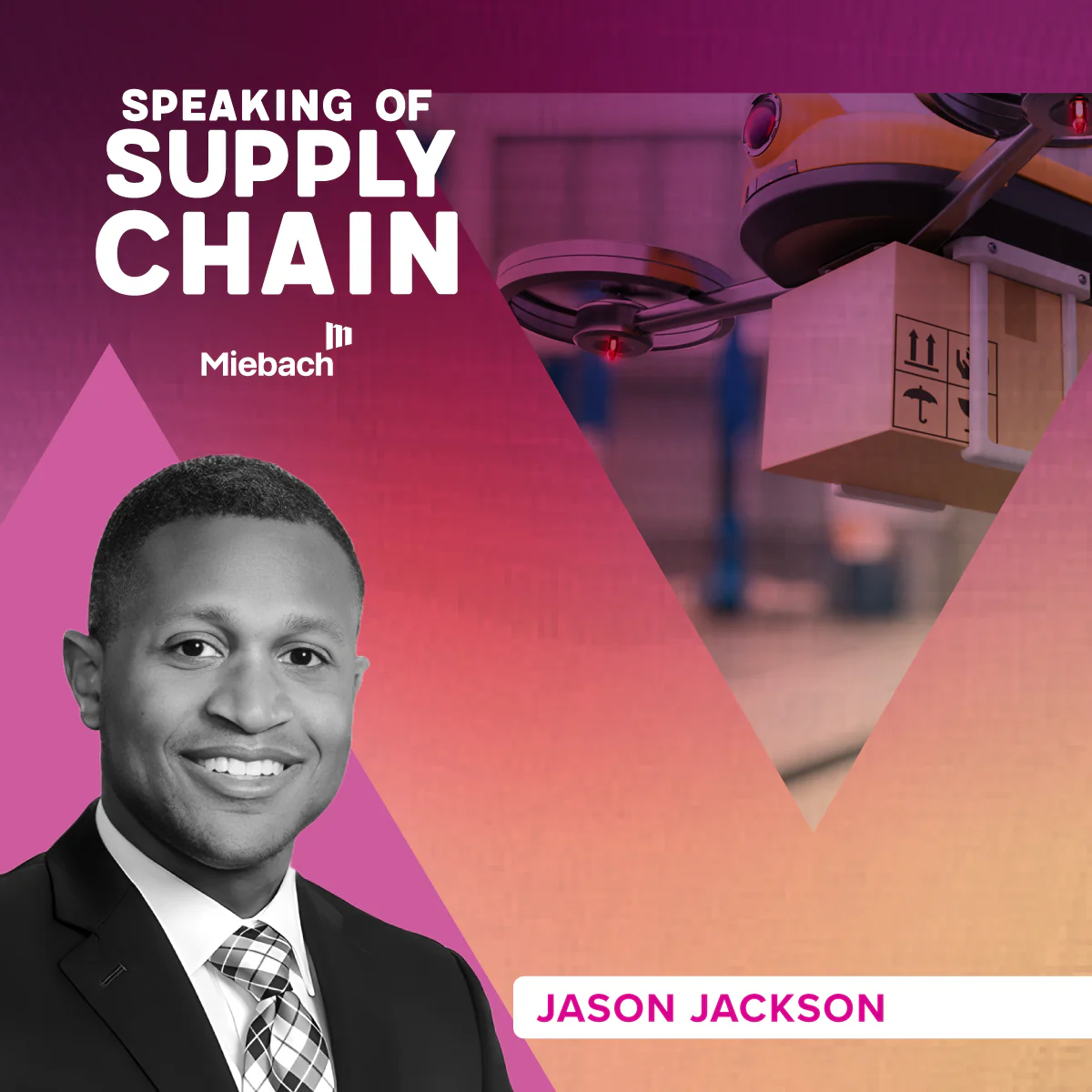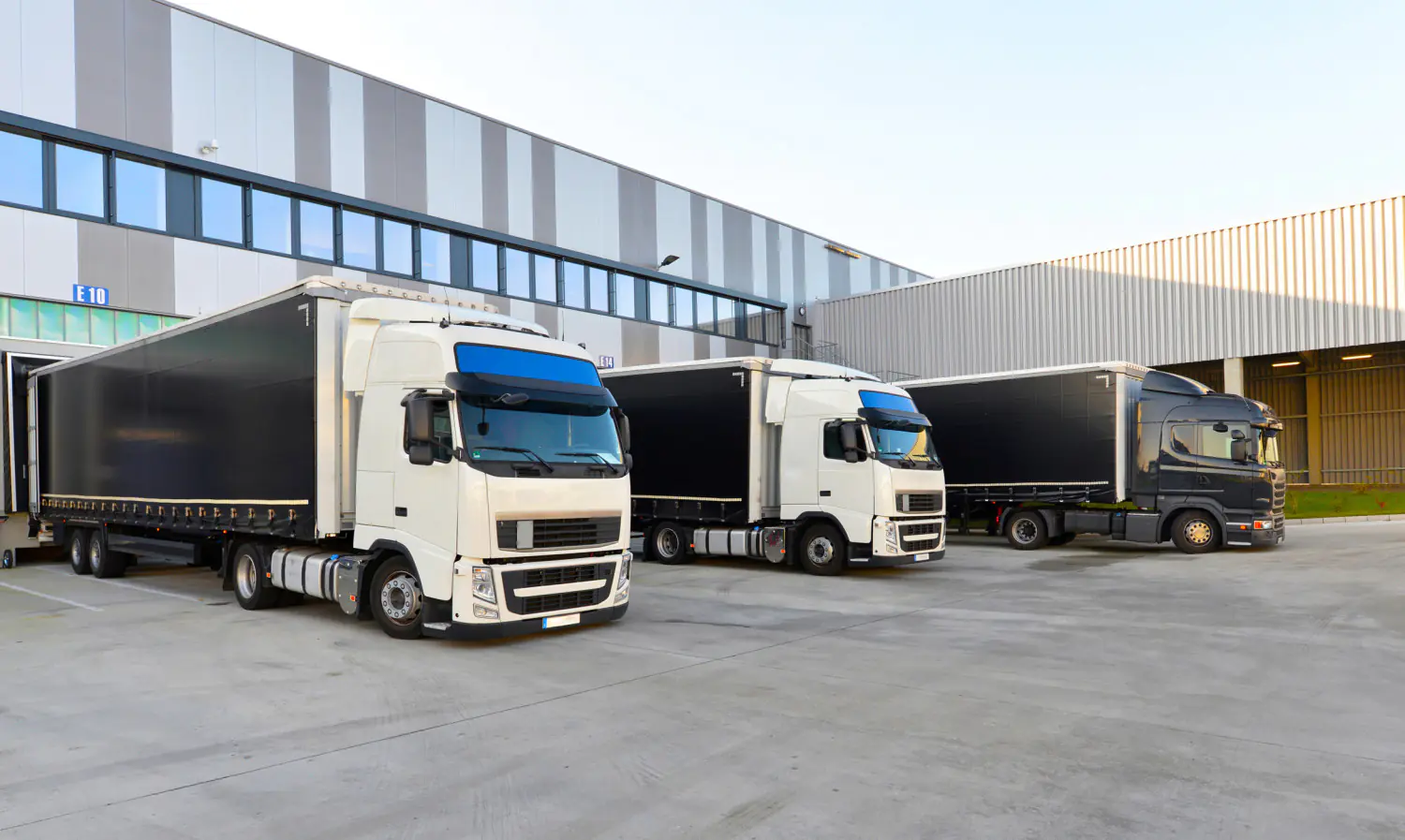
Transition Planning & Ramp-up Management
Whether launching new facilities, changing logistics partners, or introducing new processes, transitions inherently present significant risk to operations. Poorly managed transitions can lead to service interruptions, escalated costs, and a downturn in employee morale, impacting overall organizational momentum.
Relevance of Capability
Transition planning and ramp-up management are essential during moments of operational change, such as opening new distribution centers, switching 3PL providers, insourcing operations, or implementing new technologies and workflows. These critical moments demand precise, structured planning and execution to safeguard operational continuity.
Challenges Faced
Key transition risks include:
- Service disruptions affecting customer satisfaction
- Workforce turnover or disengagement
- System integration delays and technical glitches
- Communication breakdowns across stakeholder groups
- Delays in ramping up to target performance levels
- Operational disruptions
- Inventory inconsistencies
- Misalignment between planning and execution
- Loss of service levels
These challenges require proactive mitigation through detailed planning, real-time monitoring, and active on-site management.
The Miebach Difference
At Miebach, we excel in mitigating the inherent risks of complex transitions through meticulous planning, expert guidance, and hands-on management. Our detailed cutover plans and robust on-site support strategies ensure transitions are executed smoothly and confidently, enabling your operations to swiftly achieve targeted performance levels with minimal disruption.
We focus proactively on addressing primary transition risks such as service disruptions, workforce turnover, system integration delays, and coordination breakdowns. Our comprehensive approach incorporates cutover planning, strategic stakeholder alignment, phased implementation strategies, real-time monitoring, and active coaching directly on the operations floor.
How does Miebach ensure smooth transitions for large-scale projects?
We’re embedded in your operations to ensure nothing slips through the cracks. We do so by:
- Applying phased approaches
- Building contingency into our planning
- Driving daily coordination using technological tools
What strategies are used to minimize disruptions during ramp-ups?
We deploy dual-running models, progressive volume increases, real-time KPI tracking, and detailed standard operating procedures. Our focus is to detect issues early and stabilize processes fast.
To ensure successful ramp-ups, Miebach employs advanced simulation testing, well-defined contingency planning, parallel operational processes, and performance tracking right from the outset. Our methodologies not only minimize risks but also swiftly restore productivity and enhance morale by maintaining clear communication, engagement, and training. We’re seeing more companies relocate or consolidate warehouses to support omnichannel fulfillment and strengthen supply chain resiliency. In that environment, a smooth transition isn’t just nice to have, it’s essential for keeping your operations competitive and future-ready. We know the pain points you face: lack of visibility during moves, inventory inconsistencies, execution that doesn’t match strategy, or simply poor internal communication. Our role is to eliminate those risks, and make the entire process feel structured, calm, and under control.
When you work with Miebach, you’re not just getting a plan, you’re getting execution certainty. We take full ownership of the transition, from strategic planning to operational stabilization. Our structured approach, daily follow-up, and hands-on stakeholder engagement help you stay in control at every step.
We follow a proven, step-by-step playbook that aligns with best practices from both consulting and operations. Combined with our industry-specific experience, especially in regulated and complex environments, we deliver results under tight timelines without disruption. This is what makes our ramp-up management not just reliable, but repeatable.
What can we help you with?





